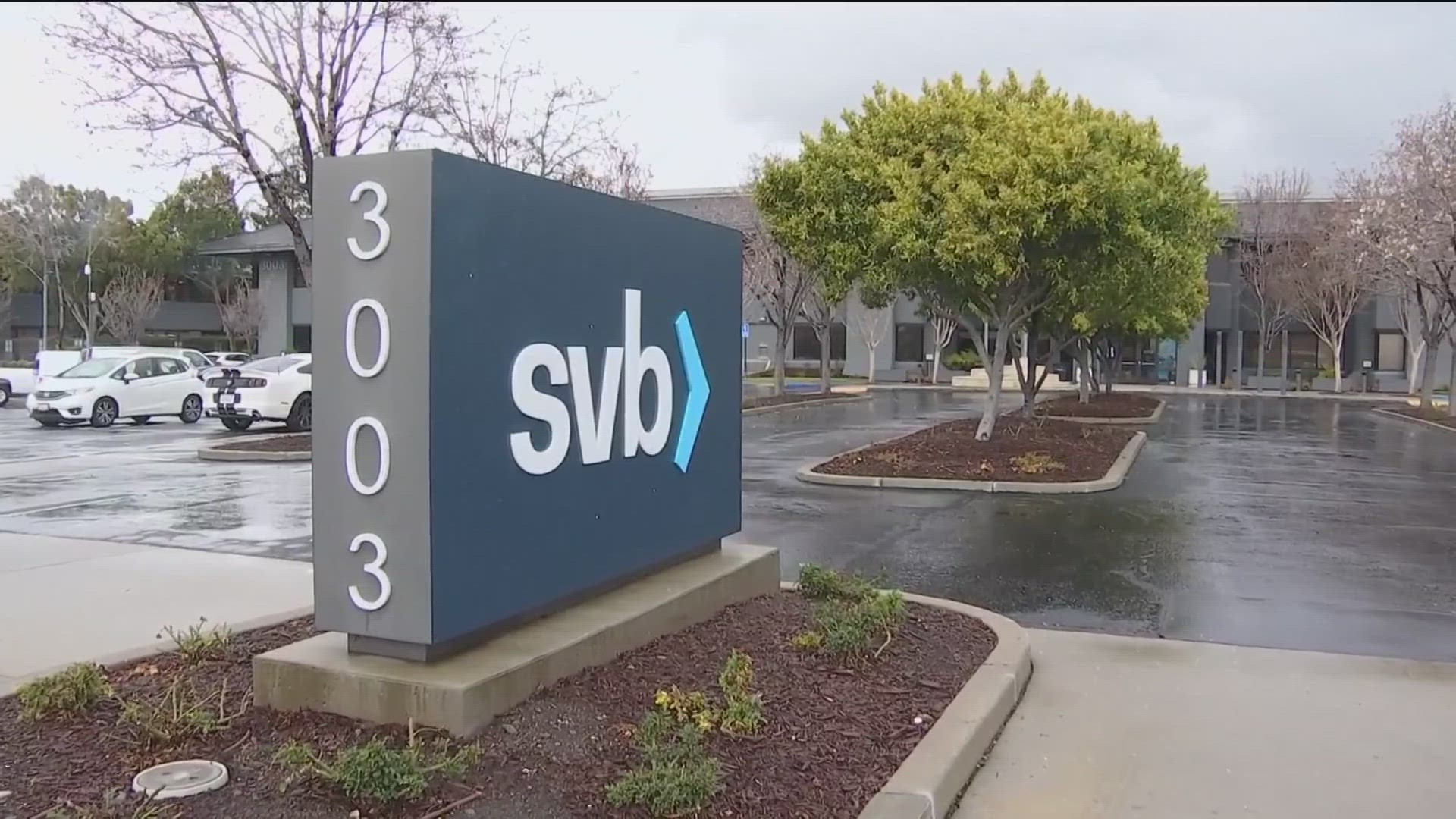NAMPA, Idaho — Federal regulators took over Silicon Valley Bank - or SVB - after it went insolvent in the largest failure of a U.S. financial institution since the 2008 financial crisis.
So will the effects of the California bank's failure be felt here in Idaho? A local economic professor says Idahoans shouldn't be worried about their banks failing.
Dr. Peter Crabb is a professor of finance and economics at Northwest Nazarene University. He says that the Silicon Valley Bank was heavily leveraged in government securities at a time when the Federal Reserve was tightening monetary policy - and raising interest rates.
"So, the interest rates went up, but not on the bonds that they had already made. So, the value of those bonds went down," Dr. Crabb said. "So, the deposits were still there, but the assets of this bank - the loans they made, were losing value. As they started losing value, and particularly last week, some large depositors of this bank said, 'We've had enough and we're taking our money,' and they told other people to do the same."
Silicon Valley Bank faced a liquidity crisis, so federal government regulators took over.
"It appears that these banks, SVB and Signature, were very concentrated in the type of lending that they were doing," Dr. Crabb said. "And they were very exposed to rising interest rates."
Dr. Crabb says Idahoans should not be worried about banks in the Gem State collapsing, because it doesn't appear that local banks are overleveraged in government securities.
"Other banks have been generally prudent and not lending to just one area - spreading their assets among different securities," Dr. Crabb said. "And when interest rates are going up, they take actions to prevent that risk of hurting them."
Earlier this week, the U.S. government announced they will be covering all deposits at the Silicon Valley Bank - including uninsured deposits over the FDIC's $250,000 standard deposit insurance amount.
"The federal government decided essentially to bail out everybody," Dr. Crabb said.
Dr. Crabb says a bailout like that sets a dangerous precedent if this were to happen to other financial institutions.
"They have essentially said, 'You can deposit your money anywhere, and don't worry about it.' This is what economists call a moral hazard problem," Dr. Crabb said. "So the moral hazard problem is the risk that you'll take undue risk with other people's money, because you're not going to have to pay the consequences of that."
Dr. Crabb says the actions of the federal government this week have just raised the moral hazard problem.
"So, sentiment is uncertain," Dr. Crabb said. "Will they do that for every bank? Are all banks now fully guaranteed, no matter what they do? So, potentially a dangerous precedent has been set this week."
The money used to cover deposits at SVB is coming from the FDIC's Deposit Insurance Fund - a program funded by fees paid by banks and interest earned on government bonds.

